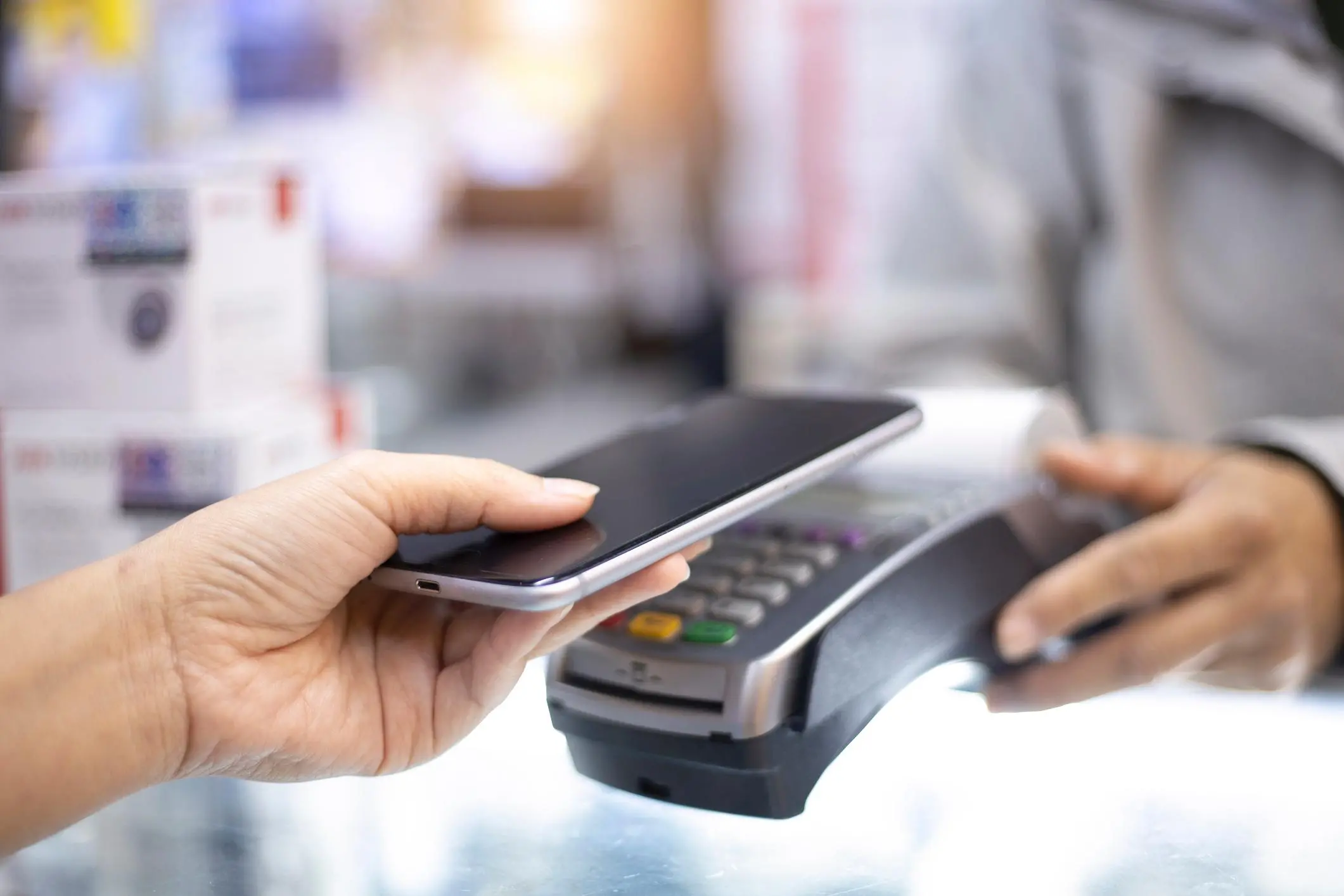PHOTO
More than half of consumers in the UAE (52 per cent), compared to 41 per cent globally, plan to be cashless by 2024 and nearly all (99 per cent) consumers see benefits of a cashless society, findings of a new study by Visa reveals.
The 6th edition of Back to Business Global Study – 2022 by Visa also revealed that 94 per cent of consumers in the UAE will continue to use digital payment as much as, or more than, in 2021.
Moreover, 96 per cent of small and micro businesses (SMBs) surveyed in the UAE (vs. 74 per cent globally) said accepting new forms of payments is fundamental to their growth, signaling that digital payments are no longer about pivoting and surviving, but rather finding growth in new digital realities.
A majority of SMBs in UAE (71 per cent vs. 59 per cent globally) already are, or plan to be cashless by 2024 to meet their customers’ expectations while 99 per cent of SMBs said they attributed pandemic survival to selling online, with more than half (58 per cent) of their revenue now stemming from eCommerce.
To fuel growth in 2022, SMBs will look towards digital, including crypto-based payments and cross-border commerce, according to the study.
“Payments are no longer about simply completing a sale. It’s about creating a simple and secure experience that reflects one’s brand across channels and provides utility to both the business and its customer,” said Shahebaz Khan, Visa’s general manager for the UAE, Bahrain and Oman.
“The digital capabilities that small businesses built up during the pandemic – from contactless to eCommerce – helped them pivot and survive and by continuing to build on that foundation, they can now find new growth and thrive.”
The study, which surveyed small business owners and consumers in nine markets - Brazil, Canada, Germany, Hong Kong, Ireland, Russia, Singapore, the UAE and United State, said the consensus outlook for 2022 is one of optimism and intent to digitize even more. Consumers in the UAE (60 per cent), Brazil (52 per cent) and the US (39 per cent) also intend to support small businesses even more in the year ahead.
Ninety-three per cent of SMBs said they are optimistic about the future of their businesses, up by 5.0 per cent since the 2021 Visa Back to Business global study.
The study found that all small business owners surveyed in the UAE (100 per cent vs. 82 per cent globally) said they plan to accept some form of digital payments in 2022, including crypto, with 35 per cent (vs. 24 per cent globally) indicating a willingness to accept currencies such as Bitcoin.
Of small businesses with an online presence, nearly all in the UAE (99 per cent) attributed their survival through the pandemic to eCommerce, which accounted for an average of 58 per cent of revenue.
Over two-thirds of UAE consumers (68 per cent vs. 41 per cent globally) said they have abandoned a purchase because digital payments were not accepted.
Due to ongoing supply chain issues, 69 per cent of UAE consumers (compared to 59 per cent globally) are willing to buy internationally. The most important factor cited to help them feel more comfortable with international commerce is positive customer reviews (55 per cent).
“This aligns to 86 per cent of SMBs (compared to 50 per cent globally) that plan to increase cross-border sales in 2022,” said the study report. However, a majority (96 per cent) of UAE SMBs finds it challenging to accept and process cross-border payments, demonstrating demand for faster, seamless, and secure cross-border payment solutions like Visa Direct.
Only one per cent of small businesses in the UAE expect their business will continue to accept cash compared to 39 per cent of Canadian and 31 per cent of US SMB owners saying they will continue to accept cash.
Copyright © 2022 Khaleej Times. All Rights Reserved. Provided by SyndiGate Media Inc. (Syndigate.info).





















